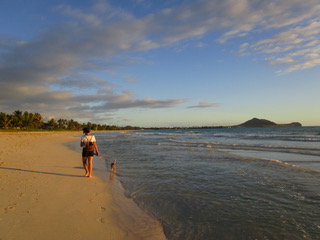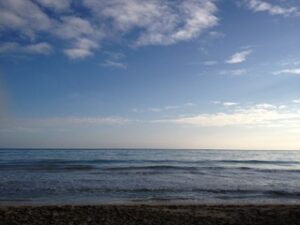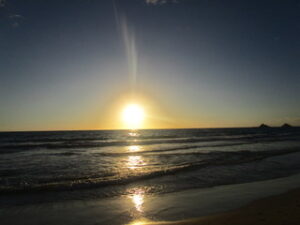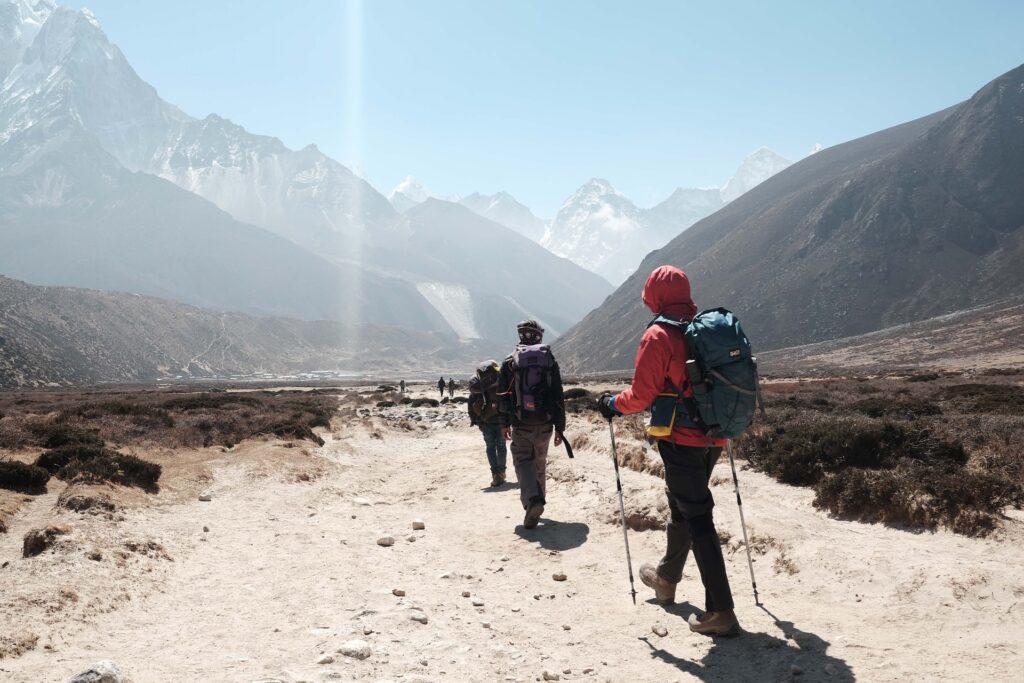By Desiree Cremer, EdD
Everyone has their thoughts and ideas about distance learning. Some see its misgivings while others thrive. Regardless, as of now, distance learning is my reality. My school will continue with distance learning for the entire third quarter. Teachers adapt and mold to their circumstances. At first, there are the usual hiccups, and with practice, a flow emerges, soon familiarity. Teachers do what we usually do, teach.

Our students show up, at least the majority do. Parents and teachers have to be on their toes because of schedule changes, maybe for testing, or just accomodating the many “mandate stuff” that is so ordinarily common in a public school. As soon as the students log on, we enter into another world, our digital classroom. The camera provides me a view into their world, and they have a view into mine. We see each other, and I get a snapshot into their world.
Distance learning and COVID-19 expose our educational institutions’ old cemented practices, such as evaluating student achievement. We need to reevaluate the metric under COVID-19. We hear from educators, is it measurable? Well, a student who logs on from a cramped studio apartment with spotty internet might need to log on a couple of times. The student sitting with younger siblings around a table all distance learning helps them with their technological needs. These students show up, and they are present, for they are teaching us during these challenging and uncertain times that we need a different metric. Students who log on and remain engaged while the television blares in the background and noisy conversation swirl around them. Students who learn in bedroom corners, closets, outside, and in bathrooms. Students who log on from a driving car, sitting patiently in the backseat, listening to the lesson. A teacher pretending that it is not happening just in case it may shame the student. These students have the determination to learn and adapt, rising above their circumstances. They deserve a medal for their perseverance. Educators, what metrics do you have for their resilience? I suggest you include in your assessment empathy, compassion, and logging on as a fortitude for what you determine as a success.

Distance learning has deepened my appreciation for some of my students; I am impressed by their resolution. In contrast, learning online and looking at my students on the screen shows that life continues behind them. One can hear the busy household noises indicating the sounds of survival. It is what happens behind them that frames the story of distance learning. Before the pandemic, we saw our students and had no idea what happens with them beyond the classroom. This pandemic reveals inequities in education, technological access, and poverty. And as educators, we see it and have discussed it repeatedly in the past few months. There is no manual or playbook for evaluating education in the COVID-19 world. However, as educators, we could lighten up and stop holding our students to the pre-COVID-19 metrics. We all learning through discovery during these uncertain times.



